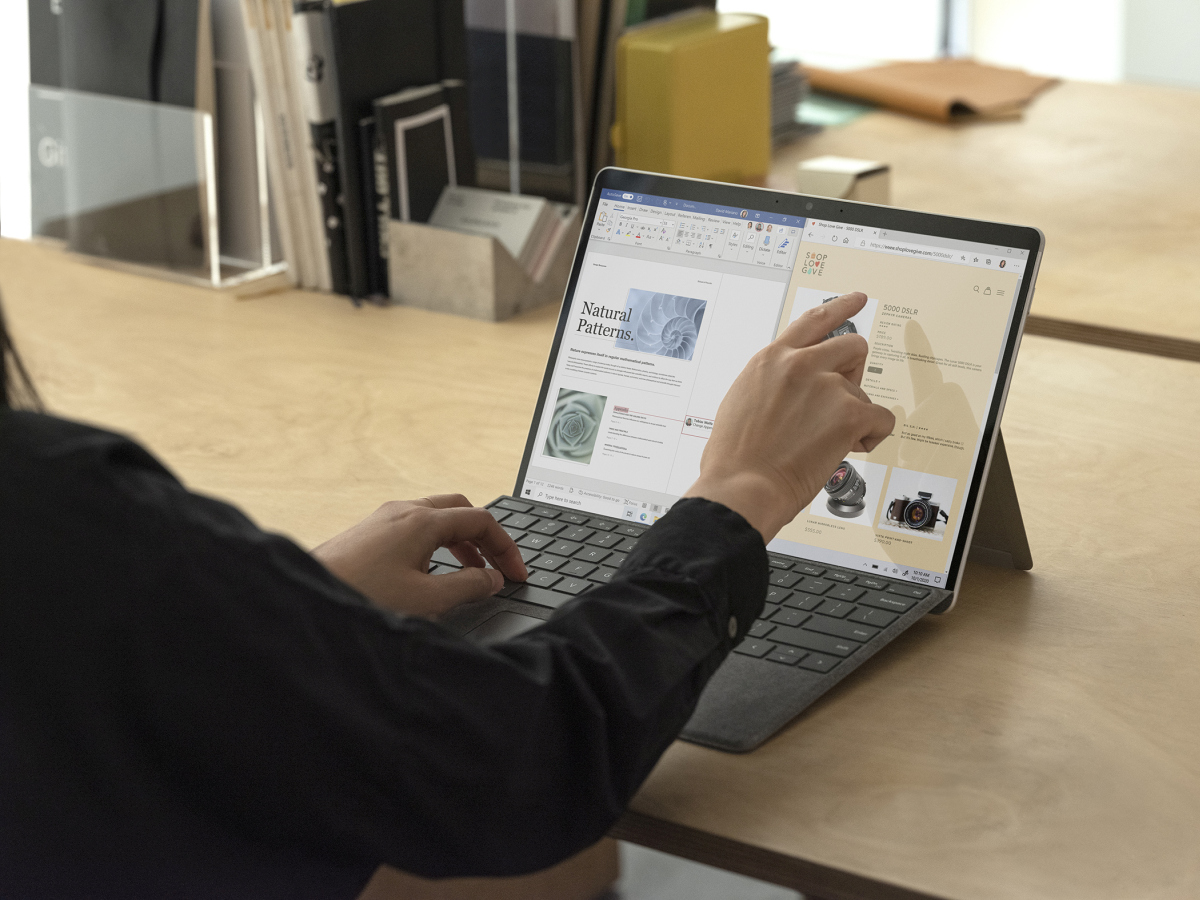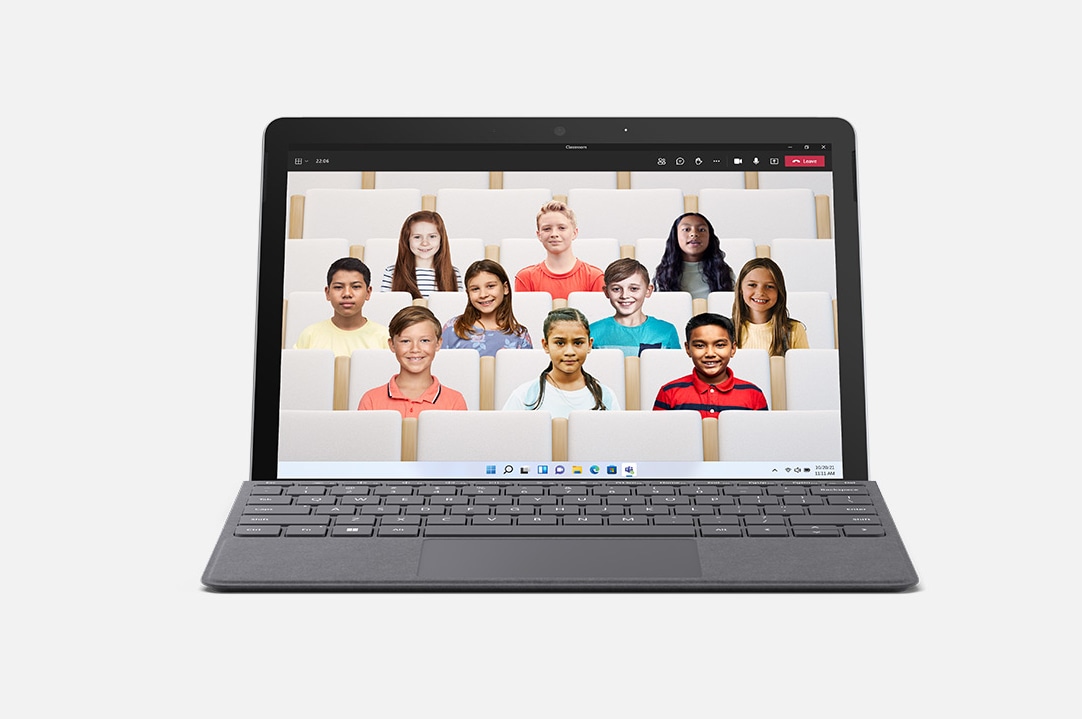Microsoft has generally not had the best reputation when it comes to ARM-powered devices, but that’s not to say they aren’t trying. Just recently we saw them announce Project Volterra, an ARM-powered mini PC meant for developers, while before that they had the Surface Pro X running a custom Microsoft SQ processor.

Those aren’t exactly considered mainstream devices though, instead being developer and business focused PCs instead. That could soon change though, as according to Windows Central, Microsoft is considering putting an ARM chip into the upcoming line of Surface Go tablets. Whether or not this would be the Surface Go X following the Surface Pro X nomenclature, or an option within the Surface Go 4 series remains to be seen, but there’ll almost definitely be regular Intel-powered Surface Go 4 options too.
As a reminder, the current latest Surface Go 3 comes either an Intel Pentium Gold 6500Y or an Intel Core i3-10100Y, with up to 8GB of LPDDR3 RAM and up to 128GB of SSD storage. It’s very much not a flagship tablet based on those specs, but it’s still one of Microsoft’s cheapest offerings, starting at just RM1,888 for the Surface Go 3 with the Pentium chip, 4GB of RAM and 64GB of eMMC storage.
If Microsoft does end up with a mainstream Surface Go tablet with an ARM processor running Windows on ARM, it could be the catalyst needed to get more people to take Windows on ARM more seriously. While Apple’s transition to ARM has been much smoother by getting developers to prepare their apps for Apple Silicon natively and via Rosetta 2, Windows has had a much rougher time, with its emulated programs often not working as well as their Windows x86 counterparts.

The biggest benefit of making the switch to Windows on ARM though is perhaps battery life. ARM chips are typically more efficient and the idea is that an ARM-powered Windows tablet or laptop would be able to last longer than your regular Windows device. When Apple made the switch to Apple Silicon for example, their M1 MacBook Pro 13 was able to get up to 20 hours of battery life, almost double that of the last Intel-powered MacBook Pro 13.
As for the possible ARM-powered Surface Go device, it’s likely that it will come with a Snapdragon 7c chip, Qualcomm’s midrange option for tablets and laptops. Microsoft still has an exclusivity deal with Qualcomm for Windows on ARM which means that, assuming these new Surface Go tablets appear later this year, it should come with a Snapdragon chip under the hood.








